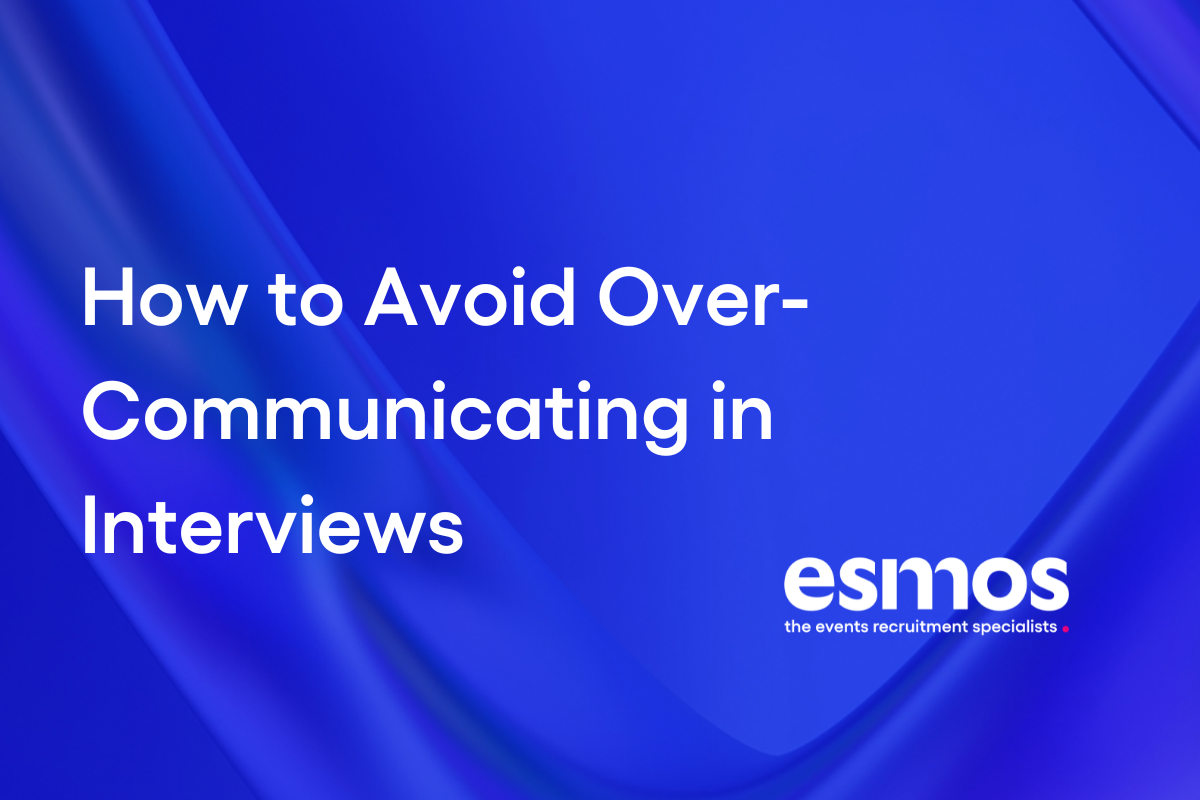

Let’s face it, interviews can be nerve-racking. You want to make a great impression, but you don’t want to come across as a human talking machine. Over-communication is a common pitfall that can leave interviewers feeling like they’ve just sat through a marathon of TED Talks.
Effective communication is a crucial skill in the job market. While it’s important to articulate your skills and experiences clearly, over-communicating can be detrimental to your chances of landing the role.
In this blog post, we’ll explore some common pitfalls and provide some valuable tips for striking the right balance.
Let’s get into it!
Common Over-Communication Pitfalls
The Rambling Response
Avoid speaking excessively without allowing the interviewer to ask questions. Rambling can demonstrate a lack of focus and make it difficult for the interviewer to assess your skills and qualifications. Instead, strive for conciseness and clarity in your responses.
Going Off on Tangents
Resist the urge to stray from the topic at hand and provide irrelevant information. Focus on answering the interviewer’s questions directly whilst providing specific examples that demonstrate your skills and experiences.
Overselling Yourself
Overselling yourself can create a negative impression and undermine your credibility. Be honest about your skills and accomplishments, and avoid making exaggerated claims that are difficult to substantiate.
Interrupting
While passion is important, excessive enthusiasm can be overwhelming. Maintain a professional and enthusiastic tone without going overboard. Let your qualifications speak for themselves and avoid coming across as overly eager.
Top Tips From Esmos
Active Listening
Pay close attention to the interviewer's questions and respond thoughtfully. Show that you are engaged in the conversation and understand what is being asked of you.
Be Concise
Answer questions directly and avoid rambling. Focus on providing relevant information. Having a number of examples of previous challenges you’ve faced is also a great thing to have prepared.
Tailor Your Responses
Relate your answers to the specific job requirements and the company’s needs. Demonstrate that you have done your research and understand the role you are applying for.
Practice Makes Perfect
Rehearse your answers to common interview questions beforehand. This will help you stay focused, avoid rambling and deliver clear and concise responses.
Use the STAR Method
STAR stands for Situation, Task, Action, Result. Using this method can help ensure your answers are structured and demonstrate your relevant skills:
Situation: Describe the key details of a specific situation.
Task: State what your role was.
Action: Explain exactly what steps you took.
Result: Share what outcomes your actions achieved.
We hope you have found this blog helpful. By avoiding these common pitfalls and following our top tips, you’ll be well on your way to landing your dream role!
Let Esmos Recruitment help you ace your next interview. Contact us today to learn more about services.
Until next time!







